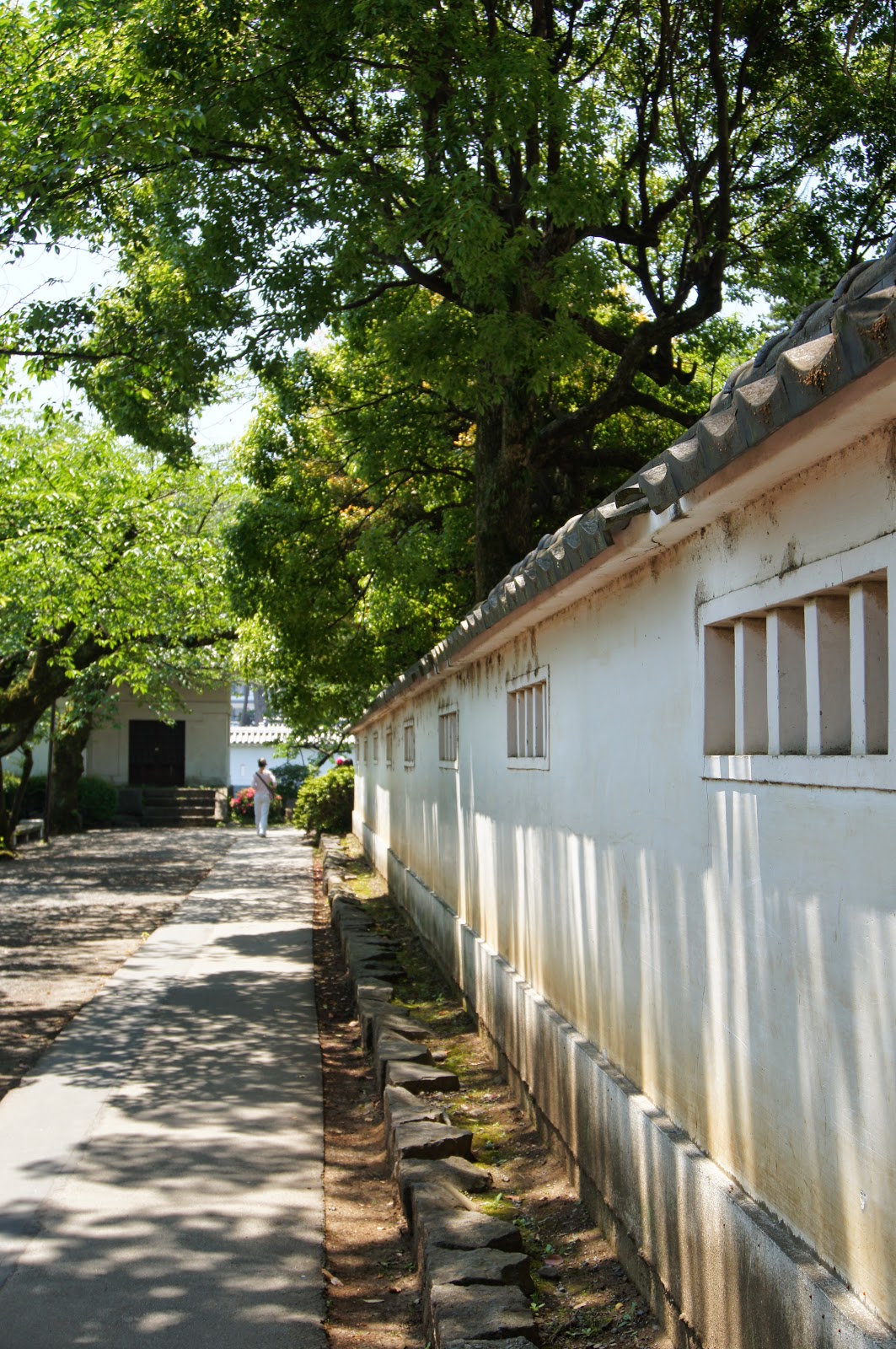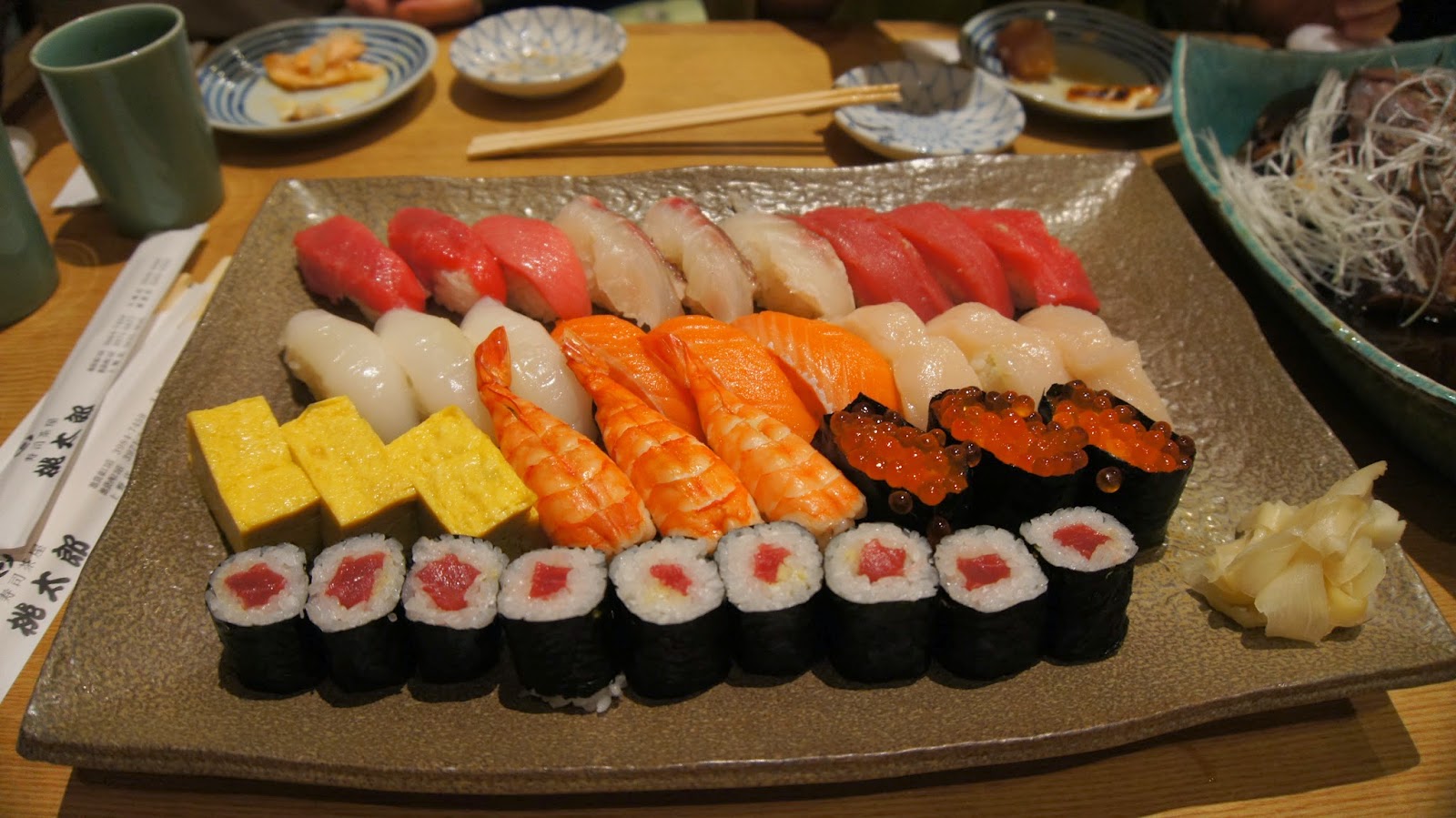轉載於自由電子報◎魏國金
Two centuries after the French people beheaded King Louis XVI and dipped their handkerchiefs in his blood, DNA analysis has thrown new doubt on the authenticity of one such rag kept as a morbid souvenir.
在法國人民斬首國王路易十六,並以手帕浸染其鮮血200多年後,DNA分析對一個做為此病態紀念品而被保存下來的破布之真實性,產生新的質疑。
The contents of an ornately-decorated gourd alleged to hold traces of the king’s dried blood has long been the subject of scientific disagreement, with tests throwing up contradictory results.
這個據傳保有國王乾血跡、裝在一只裝飾華麗的葫蘆的內容物,隨著化驗出現矛盾結果,一直以來是科學爭論的主題。
On Thursday, a team from Europe and the United States said they had sequenced the full genome of the DNA, and found it was unlikely to be from someone tall or blue-eyed -- both features ascribed to the 18th century monarch.
週四,一支歐美研究小組說,他們已排出此DNA整個基因組序列,發現它不太可能來自某個高大藍眼的人—這兩個特徵屬於這位18世紀的君主。
"The results of these analyses do not support the royal identity of the genome," the authors concluded in a study in the journal Nature Scientific Reports.
「這些分析結果不能支持該基因組的王室身分,」作者群在發表於「自然科學報導」期刊的研究結論說。
Researchers have been trying for years to verify a claim imprinted on the calabash that:"On January 21, Maximilien Bourdaloue dipped his handkerchief in the blood of Louis XVI after his decapitation" in Paris in 1793.
研究人員多年來試圖對銘刻於該葫蘆上的聲明:1793年巴黎,「1月21日,布達羅在路易十六斬首後,將其手帕浸染於鮮血」,加以查實。
He is then said to have placed the fabric in the dried, hollow gourd and had it embellished with portraits of revolutionary heroes.
之後據說他將這織品放進乾燥的空葫蘆內,並將葫蘆以革命英雄的畫像加以美化。
In 2010, a study said DNA analysis of blood traces found inside the ornate vegetable revealed a match for someone of Louis’ description, including his blue eyes.
2010年,一份研究指出,這個華美植物內發現的血跡之DNA分析顯示,與路易的描述,包括其藍眼的某人相符。
One of the authors of that paper, Carles Lalueza-Fox of the Institute of Evolutionary Biology in Barcelona, also participated in the latest study, which contradicts the blue-eyed finding. He told AFP the latest DNA analysis was much more complete:"we have now the whole genome of the person(in)the gourd."(AFP)
該篇論文的作者之一、巴塞隆納演化生物學研究所的拉瑞薩–福克斯也參與這份最新研究,結果與藍眼的發現相左。他告訴法新社,最近的DNA分析更為完整:「我們現在有葫蘆裡那個人的整個基因組。」(法新社)
Two centuries after the French people beheaded King Louis XVI and dipped their handkerchiefs in his blood, DNA analysis has thrown new doubt on the authenticity of one such rag kept as a morbid souvenir.
在法國人民斬首國王路易十六,並以手帕浸染其鮮血200多年後,DNA分析對一個做為此病態紀念品而被保存下來的破布之真實性,產生新的質疑。
The contents of an ornately-decorated gourd alleged to hold traces of the king’s dried blood has long been the subject of scientific disagreement, with tests throwing up contradictory results.
這個據傳保有國王乾血跡、裝在一只裝飾華麗的葫蘆的內容物,隨著化驗出現矛盾結果,一直以來是科學爭論的主題。
On Thursday, a team from Europe and the United States said they had sequenced the full genome of the DNA, and found it was unlikely to be from someone tall or blue-eyed -- both features ascribed to the 18th century monarch.
週四,一支歐美研究小組說,他們已排出此DNA整個基因組序列,發現它不太可能來自某個高大藍眼的人—這兩個特徵屬於這位18世紀的君主。
"The results of these analyses do not support the royal identity of the genome," the authors concluded in a study in the journal Nature Scientific Reports.
「這些分析結果不能支持該基因組的王室身分,」作者群在發表於「自然科學報導」期刊的研究結論說。
Researchers have been trying for years to verify a claim imprinted on the calabash that:"On January 21, Maximilien Bourdaloue dipped his handkerchief in the blood of Louis XVI after his decapitation" in Paris in 1793.
研究人員多年來試圖對銘刻於該葫蘆上的聲明:1793年巴黎,「1月21日,布達羅在路易十六斬首後,將其手帕浸染於鮮血」,加以查實。
He is then said to have placed the fabric in the dried, hollow gourd and had it embellished with portraits of revolutionary heroes.
之後據說他將這織品放進乾燥的空葫蘆內,並將葫蘆以革命英雄的畫像加以美化。
In 2010, a study said DNA analysis of blood traces found inside the ornate vegetable revealed a match for someone of Louis’ description, including his blue eyes.
2010年,一份研究指出,這個華美植物內發現的血跡之DNA分析顯示,與路易的描述,包括其藍眼的某人相符。
One of the authors of that paper, Carles Lalueza-Fox of the Institute of Evolutionary Biology in Barcelona, also participated in the latest study, which contradicts the blue-eyed finding. He told AFP the latest DNA analysis was much more complete:"we have now the whole genome of the person(in)the gourd."(AFP)
該篇論文的作者之一、巴塞隆納演化生物學研究所的拉瑞薩–福克斯也參與這份最新研究,結果與藍眼的發現相左。他告訴法新社,最近的DNA分析更為完整:「我們現在有葫蘆裡那個人的整個基因組。」(法新社)




























